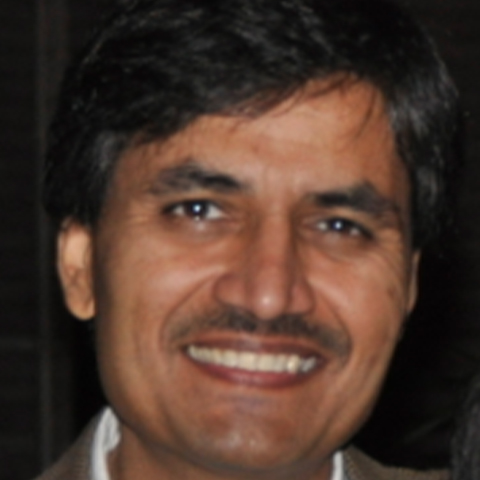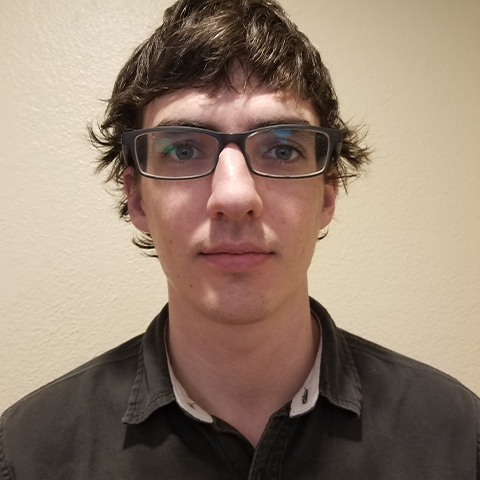Webinar
Introduction to NVIDIA
Modulus: A Physics-ML
Framework for Research
Modulus: A Physics-ML
Framework for Research
High-fidelity simulations in science and engineering are widely used in industrial, seismic, weather/climate, and life sciences applications. However, traditional simulations remain computationally expensive and impractical for real time applications. They are discretization dependent, meaning they do not easily assimilate either measured or synthetic data from various sources. Due to rapid developments in AI for science and engineering problems, machine learning has assumed an important complementary role in addressing the critical gaps in the traditional methods.
NVIDIA Modulus is a physics-based machine learning platform that has several state-of-the-art network architectures and data, as well as PDE driven AI techniques to solve real world science and engineering problems. Various performance features for both single and multi-GPU/node systems, plus connectivity with several NVIDIA toolkits and technologies are available in Modulus. Examples and documentation are provided to ensure seamless learning for students while the researchers can customize the framework through various APIs.
This webinar will introduce you to applications of machine learning, various domains of science and engineering, as well as a deep dive into the code implementation, training, solution, and visualization aspects of physics-ML workflow.
Content goes here
content goes here
Content goes here
Content goes here

Sanjay Choudhry is Senior Director at NVIDIA leading the development of NVIDIA Modulus. He has extensive experience in both traditional computational technologies as well as machine learning methods for science and engineering applications. He has led the development of key simulation technologies in various leading commercial simulation codes that are used in various industries worldwide. Sanjay has a B.Tech. from Indian Institute of Technology, Kanpur, an MS and PhD in Computational Sciences/Engineering, and Applied Mathematics from Ohio State University, and an MBA from UC, Berkeley.

Oliver Hennigh is a Senior Software Engineer at NVIDIA with a background in machine learning and scientific computing. Oliver's interests are in accelerating traditional simulation workflows using machine learning. He is the lead developer of Modulus, an AI-Accelerated Multi-Physics Simulation Toolkit.

Rini is currently doing her PhD in civil engineering under the guidance of Dr. Hadi Meidani at University of Illinois Urbana-Champaign. Prior to this, she worked as a data scientist at Tiger Analytics in India for four years. Rini completed her Bachelors and Masters in Civil Engineering from IIT Madras, India. Her research interests are deep learning methods (PINN and GNN) for physics simulations, structural topology optimization, and uncertainty quantification.
Presenter 4 Bio
Content here
Webinar: Description here
Date & Time: Wednesday, April 22, 2018